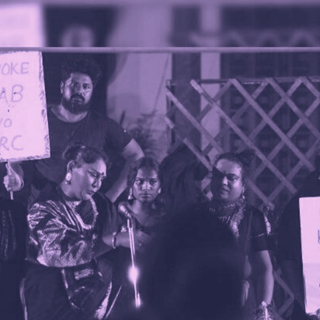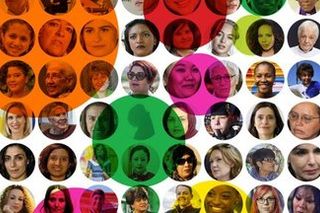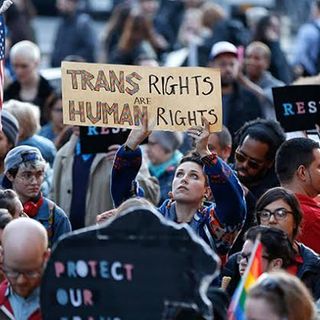The degree of gender equality in a country determines the ability of its men and women to recognize famous faces, a study published in Scientific Reports has revealed.
For instance, men in countries in Scandinavia and Northern Europe –regions placed higher than other countries on the United Nations’ (UN) Gender Inequality Index — performed well in recognizing famous women as well as famous men.
On the other hand, men from countries with low gender equality, such as those from India, Brazil, and Pakistan, performed worse than men in the U.S. — that is somewhere in the middle of the gender equality index — in being able to recognize famous women.
The UN’s Gender Inequality Index measures the level of a country’s gender inequality by assessing the status of women’s reproductive health, education, economic status, and participation as well as attainment of high-level positions in the workforce.
The study was conducted by researchers from Harvard Medical School with 3,000 participants – men and women — from the U.S. and other countries such as Denmark, the Netherlands, Finland, Norway, India, Egypt, Brazil, Pakistan, and Indonesia. On giving them web-based facial recognition tests, overall, the researchers found, faces of celebrity men were better recognized and with 8% higher accuracy than faces of celebrity women, irrespective of the country they lived in.
The most notable differences came up when researchers assessed participants’ ability to recognize women’s faces based on their gender. Womenparticipants from the U.S., for instance, had 7% more accurate scores than men participating in recognizing famous women. Women even from countries with low gender equality scored at least 10% higher than men in recognizing famous women’s faces. On the contrary, these differences were less than 2% among participants from the Netherlands, Norway, Finland, and Denmark.
Related on The Swaddle:
There’s A Thin Line Between Confusing Two People of the Same Race, and Bigotry
While we’ve known of the ‘other-race effect,’ in which people don’t take into account individual differences in the faces of people from races that are different from their own, researchers attribute this behavior to an ‘own-gender’ bias’. This is when men are better at identifying men’s faces than women’s faces and women are better at identifying women’s faces than men’s faces. So, in countries with better levels of gender equality, where men identify and recognize women and their achievements rather than lumping them into one category as another gender, the ability to recall names of famous women was found to be higher.
“Our study suggests that whom we pay attention to appears to be, at least in part, fuelled by our culture, and how and whom we choose to categorize varies by the sociocultural context we live in,” said study senior investigator Joseph DeGutis, Harvard Medical School assistant professor of psychiatry and a researcher at VA Boston Healthcare System, The Harvard Gazette reported.
Another possible reason for the bias was humans’ tendency to, “categorize rather than individualize,” according to DeGutis. For instance, recognizing interpersonal differences among those who are higher on the workplace hierarchy but forgetting the names or passing on the individual characteristics of someone lower on the ladder.
Self-awareness will help eliminate this, say researchers citing examples from previous research into the ‘other-race effect,’ which suggests that “practicing to individualize members of other racial groups rather than lump them into categories can seriously mitigate the other-race effect,” reports The Harvard Gazette.




